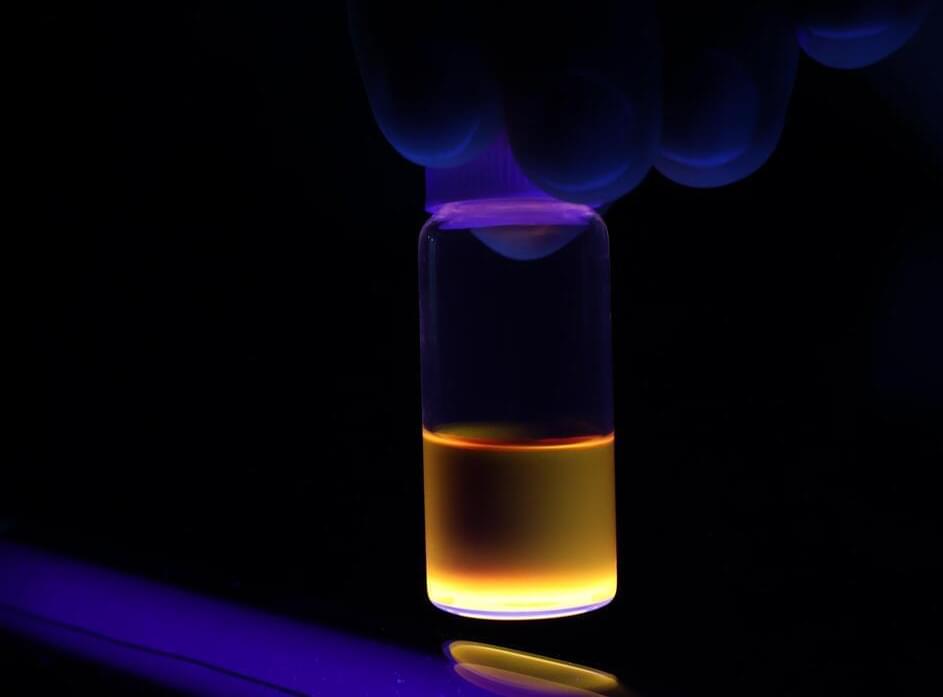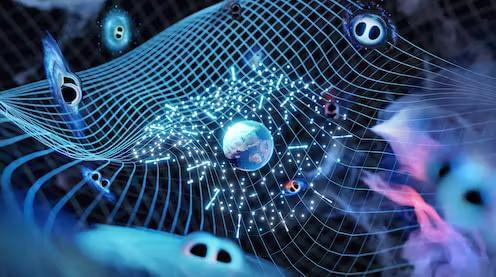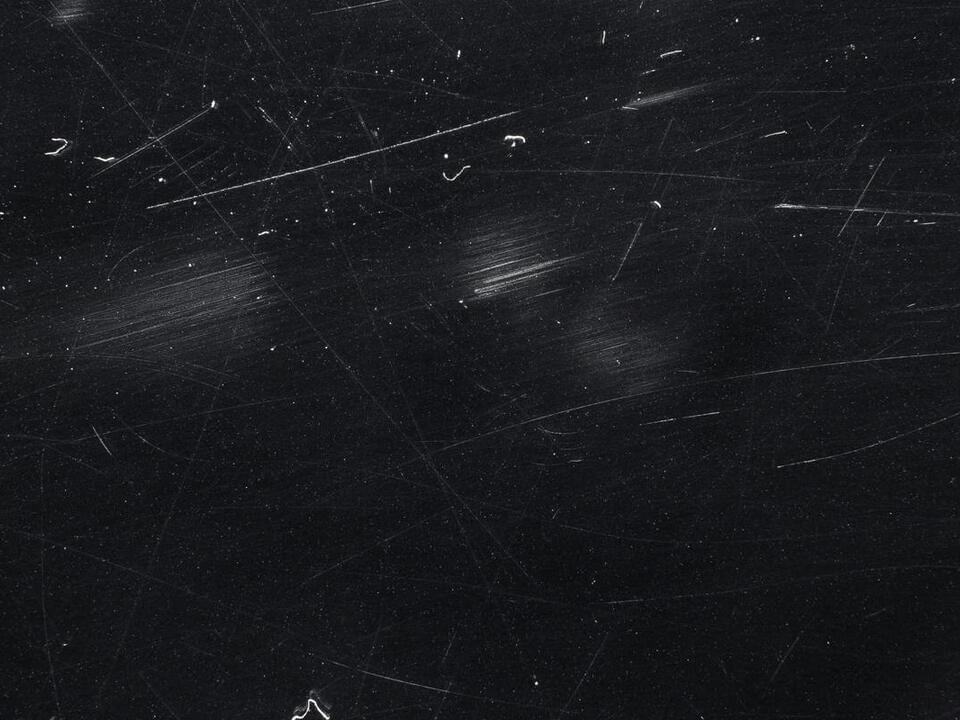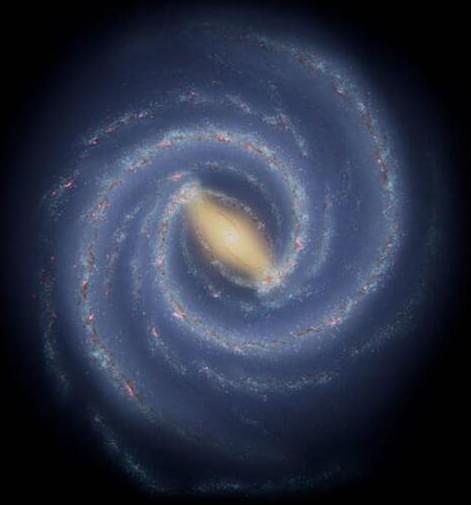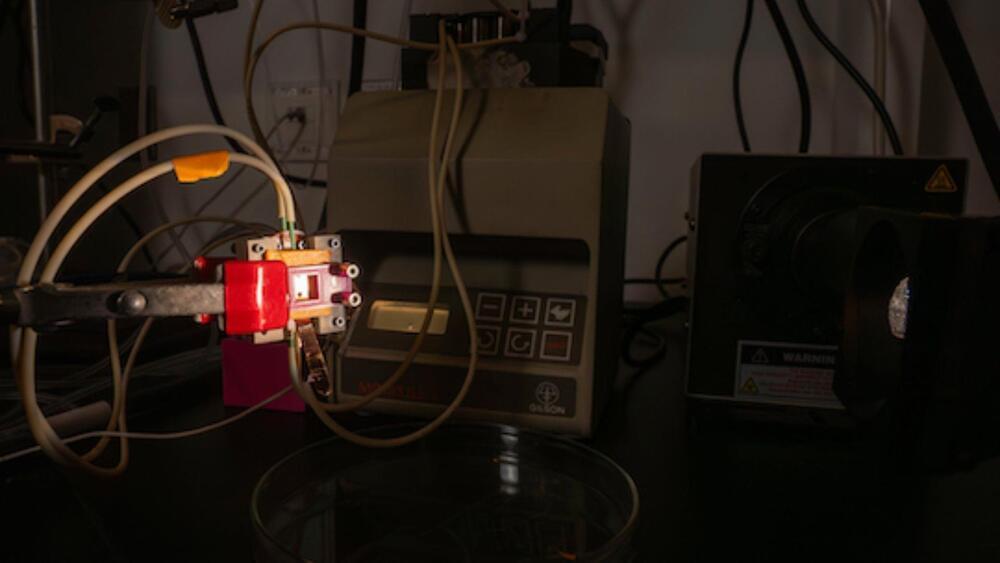Jul 21, 2023
Researchers make progress toward a new environmentally friendly nanomaterial that could revolutionize electronic devices
Posted by Dan Breeden in categories: chemistry, nanotechnology, solar power, sustainability
A team of researchers from the Instituto de Carboquímica of the Spanish National Research Council (CSIC) has made a remarkable step forward in the development of efficient and sustainable electronic devices. They have found a special combination of two extraordinary nanomaterials that successfully results in a new hybrid product capable of turning light into electricity, and vice-versa, faster than conventional materials.
The research is published in the journal Chemistry of Materials.
This new material consists of a one-dimensional conductive polymer called polythiophene, ingeniously integrated with a two-dimensional derivative of graphene known as graphene oxide. The unique features exhibited by this hybrid material hold incredible promise for improving the efficiency of optoelectronic devices, such as smart devices screens, and solar panels, among others.
